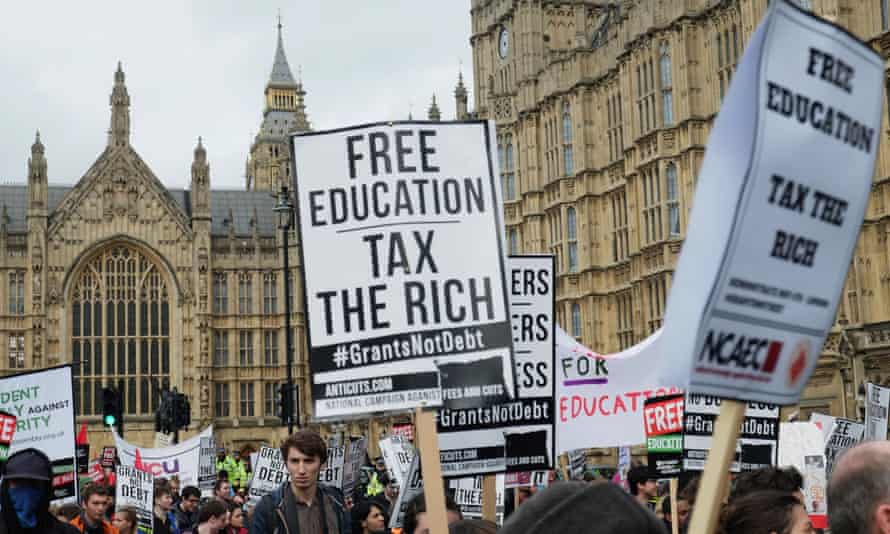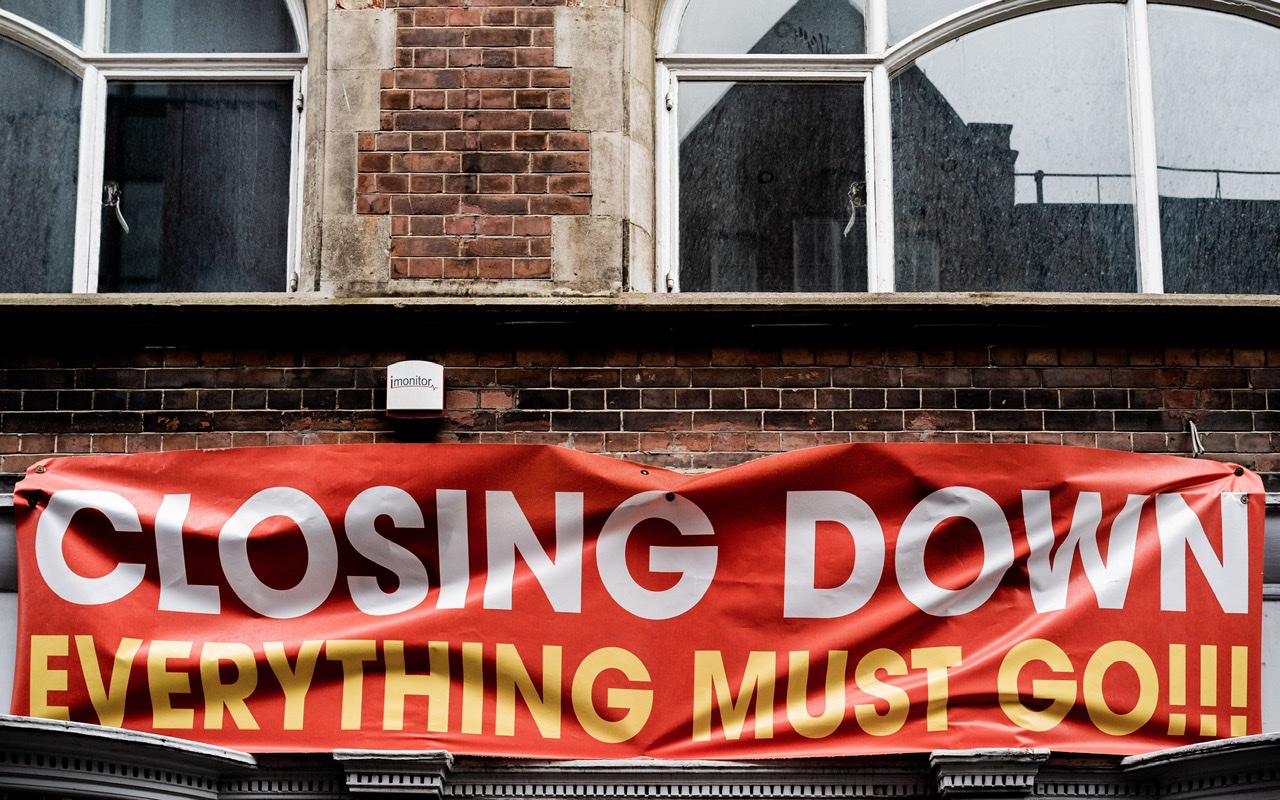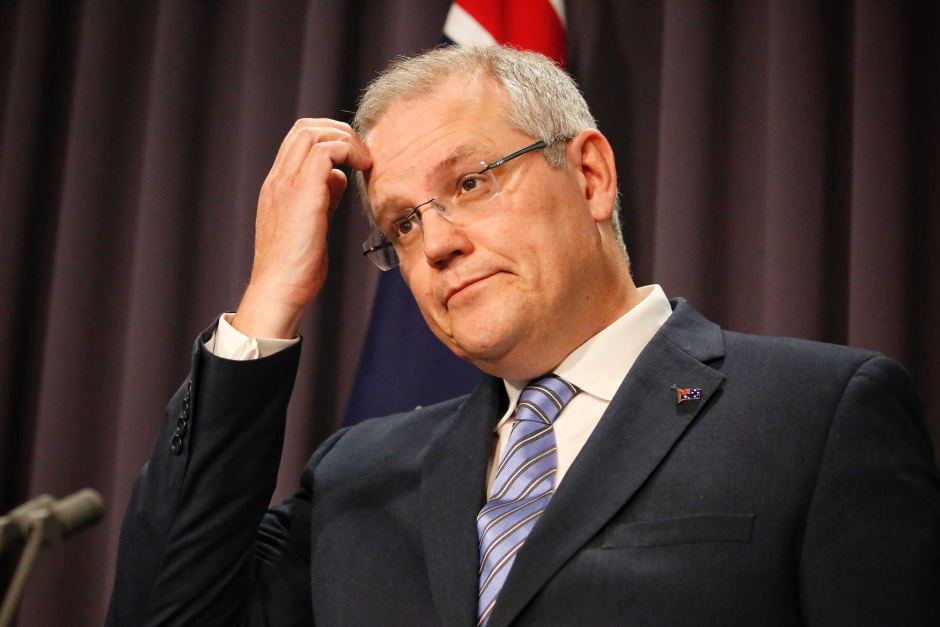Part 1 of this article discussed the implications for equity and inequality resulting from Labor’s recanting its previous opposition to the Government’s Stage 3 income tax cuts, as well as dropping its policies to reform the taxation provisions covering capital gains and negative gearing. Part 2 discusses the other major concern; the ability of a future Labor Government to now pay for the services that we need and want. (more…)
Michael Keating
-

What does Labor offer? Part 1
Labor’s repudiation of its previous opposition to the Government’s Stage 3 income tax cuts, and its decision to drop its reforms covering the taxation of capital gains and negative gearing raises two major concerns. (more…)
-
The IGR report and its failure to expose the critical policy choices
The Treasurer’s recently released Intergenerational Report has been widely criticised for its narrow modelling framework. But even within this framework, the assumptions appear to be excessively optimistic. Consequently, the Report’s conclusion that Australia’s budget is fiscally sustainable way into the future is not credible. (more…)
-

Should Labor oppose the Government’s Stage 3 Income Tax Cuts?
Australia faces a choice between demands for lower taxes, and raising the revenue needed to fund essential services. This article suggests how a plan to increase taxation revenue could be presented at the next election, starting with ditching the Government’s Stage 3 income tax cuts.
-

When should government debt be repaid and how?
There is no problem financing government debt. As the debt can only be repaid by running budget surpluses, debt reduction should start in mid-2023 when the Treasury is forecasting that economic recovery will be complete and there will be no spare capacity.
-

How good is the 2021 Budget?
The 2021 Budget continues the Government’s good work in minimising the impact of the Covid recession and promoting economic recovery. However, the Government could still do better in setting up Australia for the future and guaranteeing essential services.
-
Has the Government’s economic strategy really changed, and what can we expect in future?
The Government’s new focus on unemployment as the key target for budget policy is welcome. But it will need to spend more and therefore tax more, if Australia is to achieve its full economic potential and jobs growth. (more…)
-

“Technology not taxes” is a slogan not a policy
True to form, Scotty from marketing has given us a slogan trumpeting “technology not taxes” and not a real policy for dealing with climate change.
-
Accountability in the public sector: Part 2
In Part 1 of this article, I discussed the broad role and capability of the public service to assist the government in policy development and its implementation. Part 2 discusses in more detail how accountability is presently working (or not working) in practice and proposes some improvements. (more…)
-

Accountability in the public sector: Part 1
This two-part article is based on a speech that I gave to a webinar sponsored by the Centre for Public Integrity on 15 April about how the public service should contribute to the integrity and accountability of executive government. Part 1 discusses the broad role and capability of the public service to assist the government in policy development and its implementation. (more…)
-

What is the risk of a housing price bubble?
Home ownership is a cornerstone of the Australian way of life. But it is becoming less affordable. This article discusses the risks of a housing price bubble and what can be done.
-

UK conservatives are willing to tax the rich to repair their budget, Morrison will only take from the needy
Conservative politicians in both Australia and the UK profess to believe in small government. However, UK conservatives are prepared to increase tax to fund essential government services while in Australia, our conservatives try to achieve small government by stealth by not properly funding key government responsibilities.
-

The Reserve Bank’s target for wage growth is difficult whilst the Government resists wage increases
The Reserve Bank has tied the future of monetary policy to the restoration of wage growth. But how likely is that, and what are the consequences?
-

How good is Scott Morrison? Or is it all marketing?
After a bad beginning with the bush fires, Scott Morrison has understandably claimed credit for Australia’s relatively strong performance in mitigating the health and economic consequences of the Covid pandemic in 2020. But looking to the future, how much substance is there, or is he just Scotty from marketing. So long as Morrison remains determined to maintain secret rather than open government we cannot expect any improvement. But unfortunately, this seems to be the fundamental nature of this Prime Minister, and he is unlikely to change.
-
In our hands: Will we ‘Reset’ or return to the Dog Days?
As we emerge from the Covid recession, Ross Garnaut argues that Australia is facing a critical choice: change for the good or return to the “Dog Days” that preceded the recession. Garnaut’s book ‘Reset’ makes a major contribution to how that can and should happen. (more…)
-
Liberal and Liberal-lite: a Hobson’s choice for voters at next election? Part 1
Will Labor offer voters a real choice? Labor should grasp the nettle and focus on the key challenges facing Australia – climate change and inequality. Tomorrow, I will discuss the budget consequences of this policy agenda, as this is essential to Labor’s credibility.
-
Upturn: all too familiar ideas but an advance on Coalition’s limited offerings
An eclectic set of essays, the book Upturn: A better normal after Covid-19 tries to put forward a serious reform agenda. While there is a wealth of enthusiastic ideas, Upturn is unfortunately stronger on identifying problems than solutions. This post concentrates on the chapters discussing economic and social welfare. Reviews of other chapters will be posted in coming days.
-
Fundamental purpose of superannuation is to provide adequate retirement incomes, not finance bequests
The priority for retirement incomes policy is to ensure that retirement savings are used efficiently to generate an adequate income. Until this occurs, there should be no change in the legislated increases in the compulsory superannuation guarantee contribution rate. (more…)
-
Why inequality increased and what to do about it
The evidence clearly shows that the rise in inequality has been principally driven by technological change. But governments can make a difference. Education and training policies to assist the adjustment to new technologies can help preserve the distribution of income and an egalitarian society. (more…)
-
What real reform looks like: increase wages and tackle inequality, climate change
The economy has been stagnating for years under successive Coalition governments. It badly needs fixing, but it can be done. This is how.
-
Don’t scare the horses: Morrison’s business-friendly reforms change little
While the Prime Minister has acknowledged Australia needs to reconsider its policy framework to restore full employment, the areas identified for reform are poorly chosen, and little of substance is likely to emerge. An alternative will be discussed tomorrow.
-
The medium-term budget outlook and its policy implications. Part 2
Yesterday Part 1 considered the medium-term outlook for the budget deficit and government debt. Today Part 2 discusses the Parliamentary Budget Office projections of revenue and expenditures, how realistic they are, and why policies will need to change if we are to return to sustained economic growth and fiscal strength.
-
The medium-term budget outlook and its policy implications. Part 1
Instead of being “back in the black” this financial year, the budget outlook is for deficits continuing for the foreseeable future. The critical issue for policy is how should the budget deficit be wound back, how far and how quickly.
-
From here on our recovery will need more than fiscal policy, it’ll need redistribution
From the 1980s right through to the global financial crisis, the standard response in Australia and elsewhere to too weak or too strong an economy has been monetary policy — the manipulation of interest rates by a central bank, in our case the Reserve Bank. (more…)
-
Can macroeconomic policy ensure the inflation target?
If Australian wages do not increase sufficiently in line with economic capacity, it risks a shortfall in aggregate demand that will make the achievement of an inflation target very difficult, or even impossible. (more…)
-
How can we best ensure that retirement incomes are adequate?
The present superannuation contribution (SG) rate of 9.5 percent can finance an adequate retirement income for most middle-income people, provided they fully draw down their savings. Logically, therefore, any action to stop further increases in the SG rate should be contingent on accompanying policies to remove the present impediments to using retirement savings efficiently. (more…)
-
Morrison’s faulty logic in opposing a net zero carbon emissions target.
Contrary to Scott Morrison’s contention, we can usefully set a target date to achieve net zero carbon emissions without exact knowledge of the cost and how the target will be delivered. (more…)
-
Interest rates: why a further cut is not a good idea
Interest rates are already at record lows. Any further cut will not help the economy but will add to the inequality of wealth in this country. (more…)